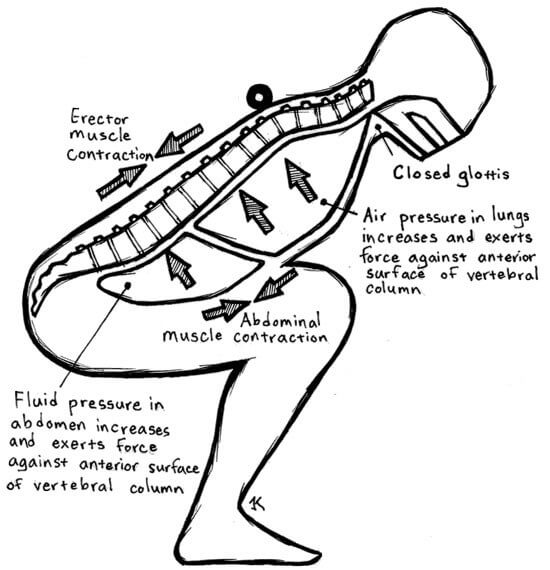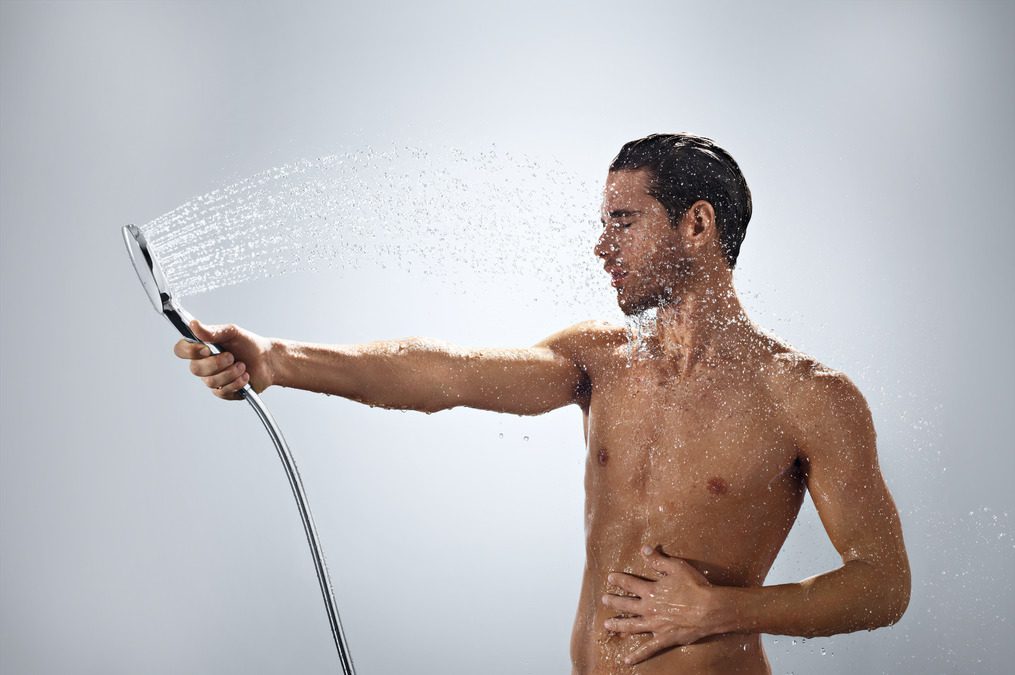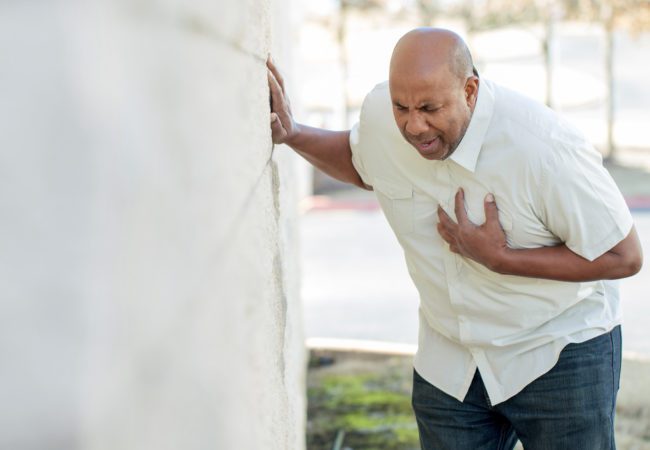In Malaysia, cases of sudden fatal scenes where the victim tragically dies after falling in the shower or lose consciousness after bending down to sit on the loo — is not uncommon, especially for older people.
But have you ever wondered; why does cardiac arrest, heart attack or stroke, often happen in the bathroom?
- Cardiac Arrest: When the heart’s electrical system malfunctions and stops beating unexpectedly.
- Stroke: When blood flowing to an area of the brain get cut-off, depriving it of oxygen needed to function.
- Heart Attack: Occurs when blood flow to the heart is blocked.

Use of sitting toilet triggers the risk three times more than a squatting toilet
You may argue that the sitting method is cleaner, however, it is not the natural way for humans to empty their bowels, as it requires intensive and repeated Valsalva Maneuvers (image above). Such excessive straining during defecation negatively affects the cardiovascular system, which may cause heart attacks and result in temporary loss of consciousness or worse, death.
Tip: One practical solution is to use toilet squatting platforms, available on Ikea, Lazada and Shopee.

While bathing or showering, do not wet the head and hair first.
This is the wrong sequence. We tend to take bath by letting go shower or bucket water on our head directly. It causes the body to adjust its temperature too quickly because we are warm-blooded. It may cause artery or capillary breakage. Start with wetting your legs and up to your head gently.
Tip: Don’t forget to count in the temperature of water and the current season’s temperature!

The risk of heart attack increases 40% in the morning
Why? As you awaken, your body secretes adrenaline and other stress hormones, increasing blood pressure and a demand for oxygen. Your blood is also thicker and harder to pump because you’re partially dehydrated. All this taxes the heart. Build some time into your wake schedule so you can hit the snooze button and wake up slowly.
Tip: If you’re a morning exerciser, warm up thoroughly so as not to additionally stress the heart.
[Source]









